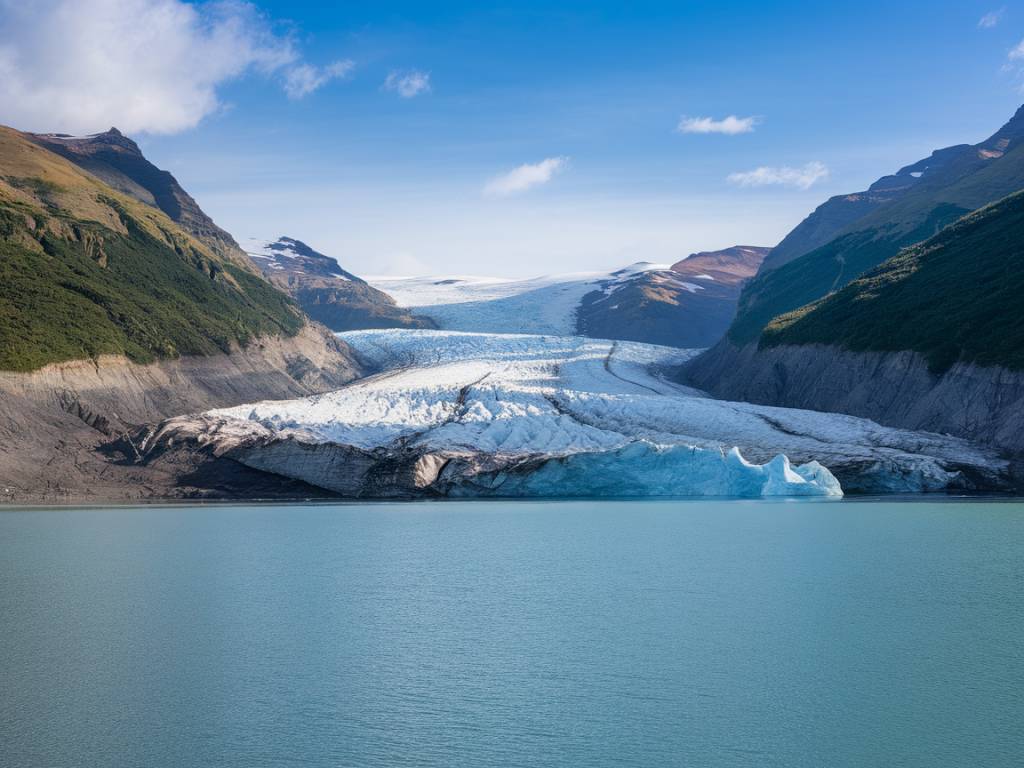The Unseen Crisis: Climate Change and Its Role in Species Extinction
In the world of ecological dynamics, the subtle interplay between climate change and species extinction is becoming increasingly apparent. The current shifts in our climate are not just abstract data points or fleeting headlines; they are driving forces that plunge numerous species towards the brink of extinction.
Many readers might wonder: why should we care? Here’s an anecdote to ponder. Picture the humble bee, tirelessly pollinating our crops. Without bees, the global agriculture system faces potential collapse. As climate change alters weather patterns, these vital pollinators experience habitat changes that can threaten their very existence. It’s a classic cascade effect; harm one species, and the ripples are felt across entire ecosystems.
Changing Climates, Changing Habitats
One of the most direct impacts of climate change is the shifting of habitats. As temperatures rise, ecosystems once perfectly tailored to the needs of specific flora and fauna become uninhabitable. Take, for instance, the plight of the polar bears in the Arctic. Melting sea ice, driven by global warming, reduces their hunting grounds drastically, forcing these majestic creatures to travel further and face increased competition for dwindling resources.
But it’s not just the cold climates feeling the heat. Tropical regions also face upheaval, with increased temperatures and altered rain patterns straining biodiversity in rainforests and coral reefs. The Great Barrier Reef, a UNESCO World Heritage site, experiences frequent bleaching events, threatening its vibrant marine species. Are we prepared to watch such natural wonders vanish?
The Domino Effect on Ecosystems
The devastation doesn’t stop with one species. When one organism falters, the chain reaction in the ecosystem can be profound. Consider the amphibians, often seen as environmental indicators. As rising temperatures and altered precipitation patterns make their habitats unsuitable, their decline signals broader ecological distress.
A single amphibian species going extinct might not seem catastrophic at first glance. However, amphibians control insect populations and serve as prey to a host of other animals. Their disappearance spells trouble for the species that depend on them, which in turn affects others, setting off a domino effect that can lead to the destabilization of entire ecosystems.
Sustainable Development as a Beacon of Hope
Amidst this climate-induced turmoil, sustainable development practices can serve as a lighthouse guiding us towards a more balanced relationship with nature. By integrating environmentally friendly technologies and green policies, we can mitigate some of the impacts of climate change on endangered species.
Take, for example, rewilding initiatives. These projects aim to reintroduce native species to their natural habitats, which have been restored or protected. They bolster ecological resilience and recreate biodiversity hotspots. Not only do they provide vital support to species at risk, but they also educate and engage local communities, fostering a symbiotic relationship between humans and nature.
What Can We Do?
It’s easy to feel powerless in the face of such daunting challenges, yet each of us can contribute to slowing the rate of extinction. Here are some actionable steps:
- Support conservation efforts, whether through donations or volunteering with local wildlife protection programs.
- Advocate for policies that address climate change and protect endangered species.
- Reduce your carbon footprint by opting for renewable energy sources and minimizing waste.
- Stay informed and educate others about the importance of biodiversity and ecosystems.
Each action, no matter how small, compounds with others, creating a wave of change. Just like every species plays a role in its ecosystem, every individual action contributes to larger ecological shifts.
Preserving Our Planet’s Future
The interplay between climate change and species extinction presents a pressing challenge, yet knowledge and awareness can lead to action and hope. As we continue to understand these intricate ecological links, our empathy towards wildlife grows alongside our responsibility to act.
Let’s embrace our role as stewards of this planet. After all, as the custodians of this wondrous Earth, what kind of legacy do we wish to leave behind? In answering that question, we can find the motivation to drive meaningful change.

